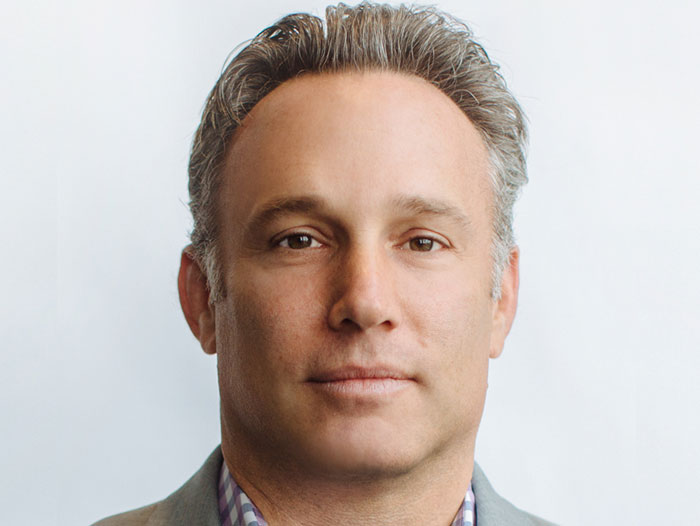Impossible Foods Hires Dan Greene as Senior Vice President of US Sales
October 1, 2019 | 5 min to read

REDWOOD CITY, Calif.–(BUSINESS WIRE)–Impossible Foods has hired tech industry sales leader Dan Greene as Senior Vice President of US Sales.
Effective immediately, Greene leads the Impossible Foods’ sales team as it enters an unprecedented growth phase. The food tech company’s flagship product, the award-winning Impossible Burger, is now served in more than 17,000 restaurants and launched earlier this month in grocery stores.
Before joining Impossible Foods, Greene served as Chief Revenue Officer for a conversational artificial intelligence startup, and served as an executive consultant with other early-stage software companies. Prior to that, Dan spent 11 years overseeing large teams and revenue-generating business units at Google and Twitter.
Greene graduated from The United States Naval Academy and served over 10 years as a Navy fighter pilot and director of operations for multiple aviation units. He left active duty in 2004 and earned his MBA at the University of California Los Angeles before going to Google.
“Impossible Foods is the hottest startup in the world — and it’s thrilling to join this company as it launches into retail and scales up production and capacity to become ubiquitous. It’s also an incredible opportunity to not only build a great business but have a profound impact on our world and our environment at the same time,” Greene said. “Most importantly, I’m excited to meet and listen to our customers so I can understand how to better serve our clients and consumers.”
Scorching demand
Last month, Impossible Foods announced a co-manufacturing collaboration with global food provider OSI Group, one of the largest food producers in the world. OSI has already begun to produce the Impossible Burger, adding short-term capacity to Impossible Foods’ plant in Oakland, Calif. OSI will continue to expand production of Impossible Foods’ flagship product throughout 2019 and thereafter.
Earlier this month, the Impossible Burger made its worldwide debut in grocery stores at all 27 outlets of Gelson’s Markets in Southern California, all 100 outlets of Wegmans in the Northeast and two Fairway locations in Manhattan — the first time that the general public has been able to buy and experience the Impossible Burger at home.
The Impossible Burger is served in more than 17,000 restaurants in all 50 states and in nearly every type of cuisine — from burgers, tacos and pizza to poke sushi burritos. The Impossible Burger is now America’s most popular late-night delivery snack, according to Grubhub’s “State of the Plate” report, with delivery sales surging 529% in the first half of 2019 — proof that the product satisfies the midnight cravings of carnivores on the prowl for chow.
The Impossible Slider at White Castle is considered one of America’s best fast-food burgers, and Impossible Burger mentions on Yelp are on fire. Political commentator and Texas cattle rancher Glenn Beck couldn’t tell the difference between the Impossible Burger and ground beef from cows in a side-by-side taste test, and the Washington Post called Impossible’s plant-based burger a “wake-up call to the meat industry.”
In April, the world’s second largest burger chain, Burger King, debuted the Impossible Whopper in a regional test in St. Louis. The regional test of the Impossible Whopper at Burger King restaurants in St. Louis went exceedingly well; in August, the Miami-based restaurant chain rolled out the Impossible Whopper to 7,200 U.S. restaurants nationwide.
Stay tuned for more news — including the next retail launches — by visiting impossiblefoods.com/media and on social media.
About Impossible Foods:
Based in California’s Silicon Valley, Impossible Foods makes delicious, nutritious meat and dairy products from plants — with a much smaller environmental footprint than meat from animals. The privately held company was founded in 2011 by Patrick O. Brown, M.D., Ph.D., Professor Emeritus of Biochemistry at Stanford University and a former Howard Hughes Medical Institute investigator. Investors include Khosla Ventures, Bill Gates, Google Ventures, Horizons Ventures, UBS, Viking Global Investors, Temasek, Sailing Capital, and Open Philanthropy Project.
